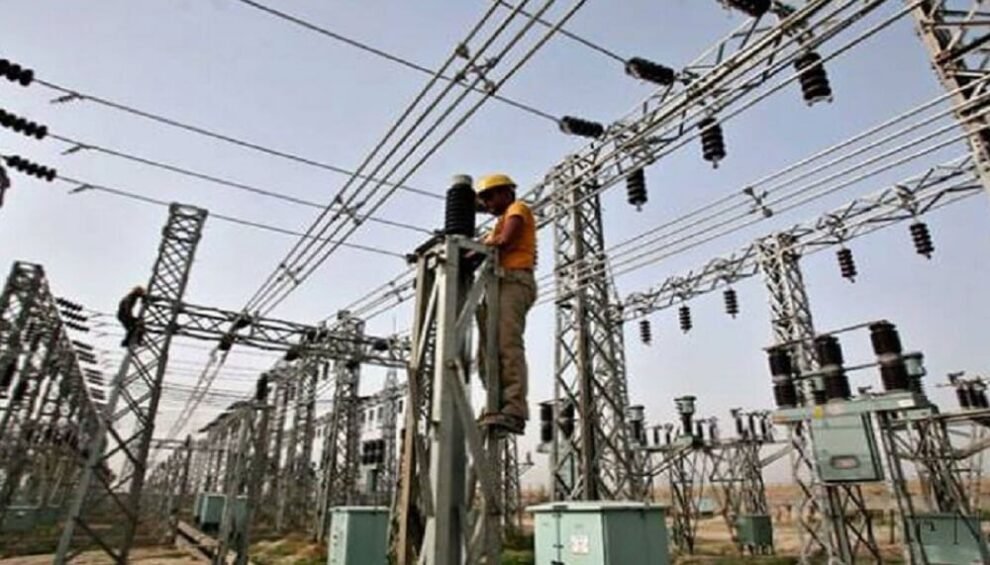Mr. Hanson Monney, the Head of the Generation and Transmission Unit at the Ghanaian Ministry of Energy, emphasised that via effective policy development and implementation, Ghana has already attained an impressive 80% to 85% universal energy access inside its boundaries.
During his presentation in Lagos on the second day of the Nigeria Energy Leadership Summit, Money noted that Ghana has steadily been developing its power sector and may soon export electricity to Nigeria once the power system has been fully developed.
“So, we are working on all these things to make sure that the power system of Ghana continues to be as good as it is or even better, and then, maybe, we can be exporting more to our big brothers in Nigeria when the grid is finally settled,” Mr. Hanson Monney said
This declaration follows the second national power grid breakdown in Africa’s most populous country and the continent’s top oil producer, Nigeria, which resulted in a total blackout of homes and businesses.
In contrast, Ghana is aggressively pursuing various energy sources, including grid electricity, mini-grids, and solar-dominated renewable energy, to attain “Universal access to energy by 2024”, as instructed by the country’s President.
Monney agreed that the geographic limitations make it difficult to provide everyone in Ghana with access to electricity, particularly on isolated islands, riverbanks, or lakeside villages. In response to this, he stated,
“So, now, we are trying to scale our renewable energy access, and that is how we have planned in 2022 to scale up our renewable energy program,” he said.
Financial sustainability is one of the biggest problems facing Ghana’s power sector, as the country struggles with growing debts and the purchase of surplus capacity.
“There is so much debt that the government has to shore up to make sure that the system is afloat because we have procured a lot of excess capacity, which comes with attendant costs. So, these financial challenges require some policy actions to eliminate legacy debts,” Mooney stated.
Monney stressed the significance of lowering electricity prices, particularly for enterprises, since high electricity bills are a major issue in Ghana. “We saw that in Ghana historically. These industries have been subsidizing the residential sector, and it should be the other way around. Industries should remain viable so that businesses can thrive,” Mooney stated.
Source : Business Insider Africa











